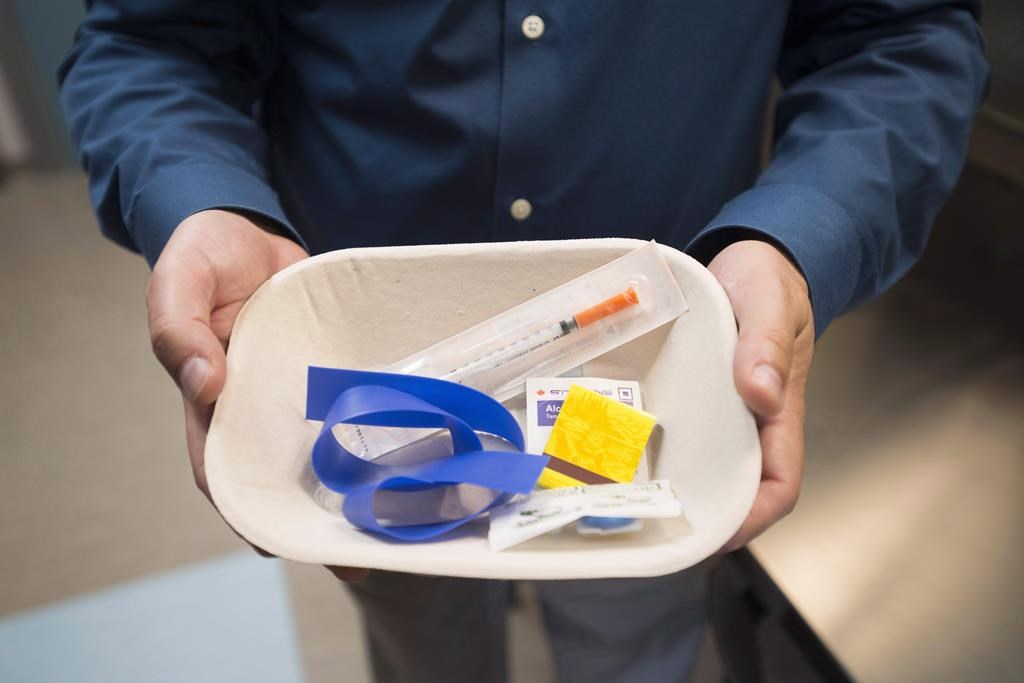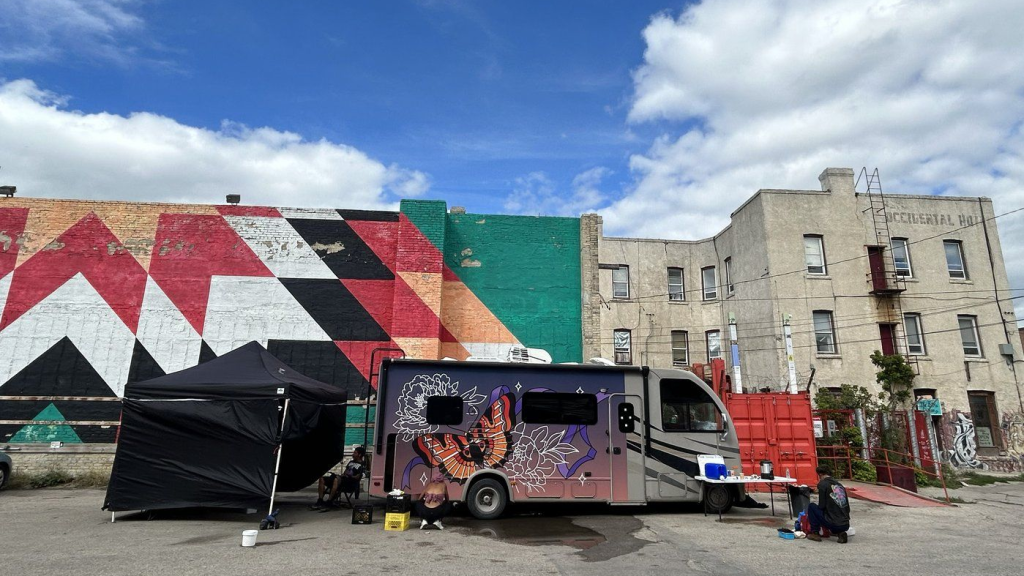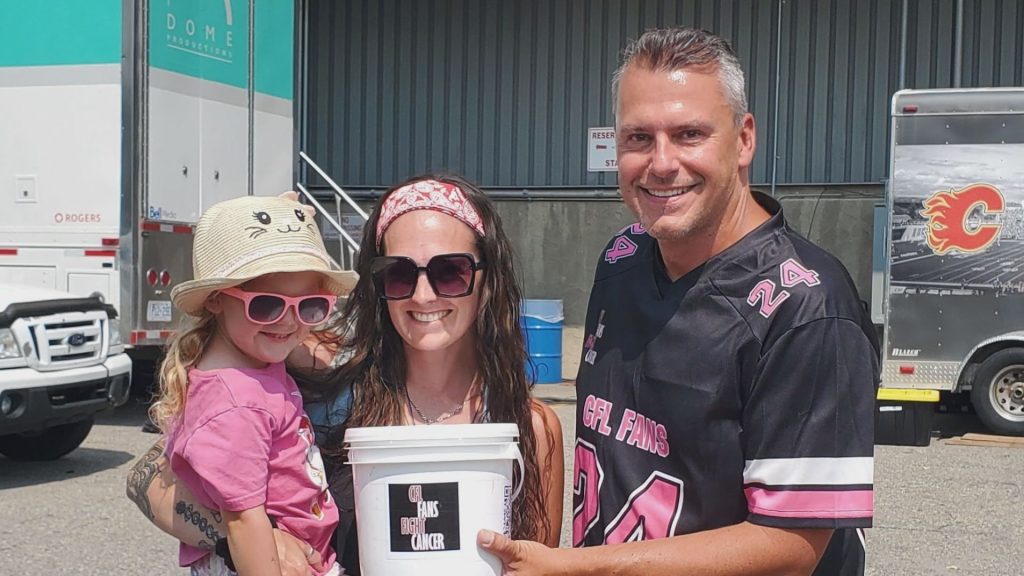Drug-related deaths jump in Manitoba, with 56 recorded in January alone
Posted May 7, 2024 5:03 pm.
Last Updated May 7, 2024 9:35 pm.
The number of drug-related deaths jumped in the first month of 2024 and advocates say deadly drug combinations are making overdoses in Manitoba more resistant to the life-saving drug naloxone.
“The toxicity of the drugs are becoming increasingly crazy and the combination of these drugs — again, it just blows my mind that we are not talking about what is really killing people,” said Arlene Last-Kolb, member of Moms Stop the Harm. “How can we not be doing more.”
Preliminary numbers from the Chief Medical Examiner’s Office show 56 people died to substance-suspected deaths – an increase of more than 43 per cent – compared to 39 during the first month of 2023.
The spike is alarming to Arlene Last-Kolb with Moms Stop the Harm.

Last-Kolb lost her son Jessie in 2014 to an overdose and says while she’s in favour of a supervised consumption site for Manitoba, in which there is $3.9 million outlined in the recent budget, data shows a lethal mix of drugs in many of the deaths and says conversations around safe supply, need to happen now, as people will keep dying unless immediate action is taken.
“They continually say that we’re in it together. That we’re all one community, but again, if we do not take care of the toxic drug supply, then we’re truly not taking care of the community,” explained Last-Kolb.
RELATED:
Minister of Housing, Addictions and Homelessness, Bernadette Smith says any time the numbers climb, it’s worrisome, but the work continues.
“It’s absolutely concerning,” said Smith.
They are following cues from experts, the community, and users, and their sole focus is on bringing the province’s first supervised consumption site to fruition.
“This is one step that we are taking to ensure that people’s lives are saved.”
Minister Smith, who has personally been affected by the overdose crisis, says the government has also released drug-testing machines in Manitoba, and is working with front-line organizations to address the overdose crisis.
“They need access to resources. They need access to primary healthcare. They need access to housing … and this department being created, is a testament to how committed our government is to ensuring people have support and are met where they are.”












